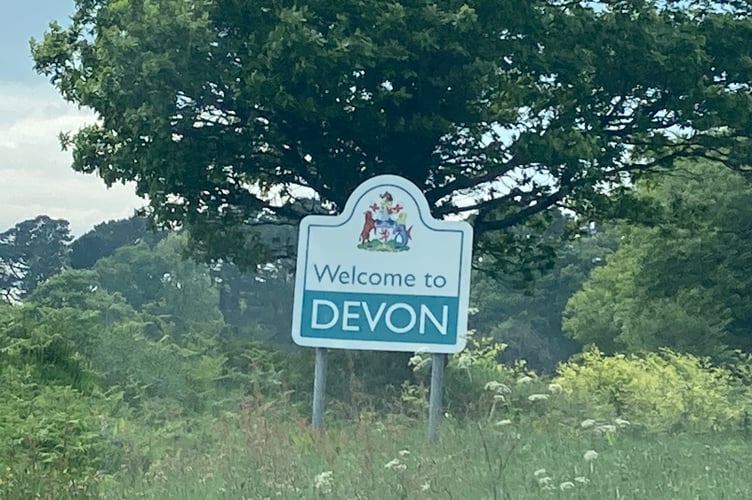Writing about the rise and fall of the Italian city-states in 2000, Professor Stephan R. Epstein of the London School of Economics observed that they “may have risen against seigneurial and imperial oppression, but they showed little compunction in enforcing similar kinds of subjection over their rural hinterlands.”
Much the same could be said about the current consequence of local government reorganisation in Devon. The Government may have chosen to impose an uninvited, unwanted, and many would say unnecessary restructuring, but the leaders of Exeter, Plymouth and Torbay councils are now enthusiastically attempting to replicate it.
If each has its way, Exeter and Plymouth will have little hesitation in incorporating many of their surrounding parishes, regardless of local opposition, while Torbay will do the same if that is what it takes to retain its unitary status.
As proposed, 15 parishes from Teignbridge, 28 from East Devon and six from Mid Devon would all become part of Exeter, while 13 South Hams parishes would transfer to Plymouth, effectively ending both the District Council’s ‘1-4-5’ and the County Council’s ‘New Devon’ plans.
The Machiavelli in this affair is Torbay Council leader Dave Thomas. By dividing Devon into four unitaries instead of three, he has devised a solution that satisfies both Exeter and Plymouth—something neither the ‘1-4-5’ nor the ‘New Devon’ proposals achieved—and in doing so secures Torbay’s own ambition to remain unchanged.
Devon County Council leader Julian Brazil has complained: “It’s just a blatant attempt by Labour and the Conservatives to cling on to the vestiges of power in Devon.” Yet the same charge could be levelled at him, the Liberal Democrats, and their own alternative. The truth is that he and the district leaders have been thoroughly outmanoeuvred.
Torbay, meanwhile, has been careful to flatter those in Westminster who will decide which proposal prevails. “Local government reorganisation is already a force for change,” its submission declares. “It has brought all of Devon’s authorities into closer communication, creating brilliant opportunities for ongoing cooperation.”
Given that both Exeter and Plymouth, like the Government, are Labour-run, the joint ‘City States’ proposal will no doubt be viewed favourably.
That leaves more than half a million people scattered across rural Devon in a fourth ‘Devon Unitary Council’, stretching 70 miles from Lynmouth to East Prawle and 60 miles from Axminster to Holsworthy, essentially the County Council under a new name, but minus the 62 parishes absorbed by Plymouth and Exeter.
There is little to commend it. One of the Government’s six criteria for unitary authorities is that they should “enable stronger community engagement and deliver genuine opportunity for neighbourhood empowerment.” Size, therefore, matters.
Even Torbay’s own proposal admits the flaw: its “geographic scale and fragmentation… creates risks with a lack of connectivity across the area,” it “does not fit well with people’s local sense of identity,” and it “may be too large and fragmented” to work efficiently or give communities meaningful access to their councillors.
It is understandable why the three ‘City States’ might wish to free themselves from the rest of Devon to control their destinies. Yet in doing so, they risk imposing on everyone else a structure that is unwieldy, remote, and fundamentally unworkable.
None of the possible outcomes is attractive, but of them all, ‘1-4-5’ may yet prove the least disastrous.





Comments
This article has no comments yet. Be the first to leave a comment.